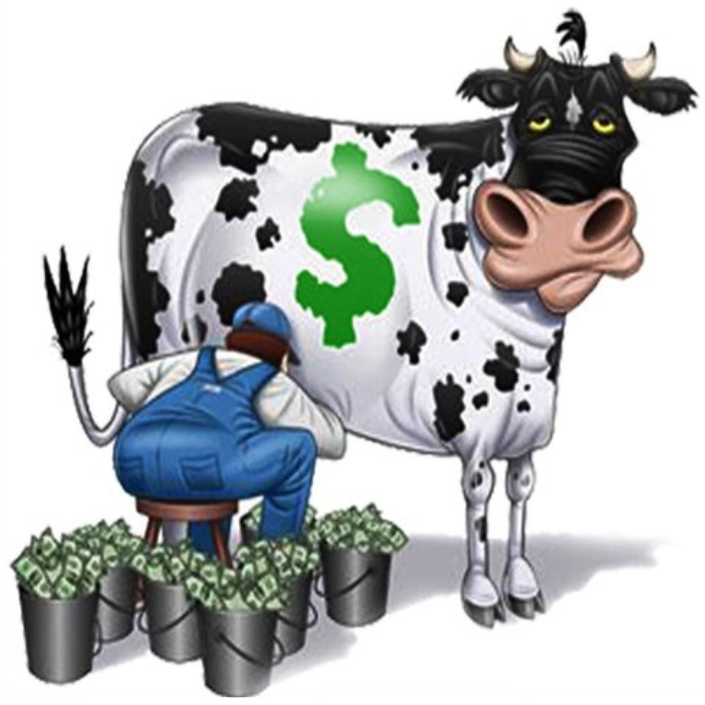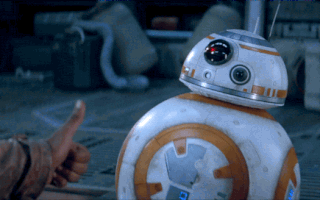Iraq’s main currency, the dinar, is one of the sought out investments. Its chance to revalue and became a currency giant has been monitored for almost a decade. A lot of people are buying thousands of dinars and are expecting to see a revaluation soon. A lot of the questions among its circle of investors, especially at the start of the year, is “will it revalue in 2019?” What do the indicators say about this currency?
History Of Investing In Iraqi Dinar
With the investment craze in dinar gaining popularity once again, people cannot help but wonder why and how dinar has been a popular investment alternative. This investment craze has been happening since 2012, gathering up more dinar followers through the years. What makes dinar a special currency and why do a lot of people believe that this currency will take the world by storm soon?
The Iraqi dinar is the national currency of Iran, which is also known for its ticker value IQB. It replaced the Indian rupee which was used in Iraq until 1932. The dinar was once based in Indian rupee and is valued at 1 IQD = 11 rupees. However, the Indian rupee standard was then replaced where its value became 1 IQD = 2.8 USD. After 5% of devaluation in 1971, its rate became 1 IQD = $3.22 from $3.38. The $3.22 rate thrived until 1991, which is after the Gulf War. After that, the value of the dinar has plummeted into basement lows and has never seen a comeback for years. It seems like the dinar would stay at the bottom of the bottle for a while. However, one event brought hope for the people who believe that investing in dinar is still a possibility.
When President Donald Trump was campaigning for election in April 2016, he made a statement that would turn things around for dinar fans. In his speech, he declared that all currencies would “be on a level playing field.” This has been thought as Trump’s declaration of his future plans for revaluation of the Iraqi currency. Trump’s decisions for the United States will indirectly affect the exchange rate of the Iraqi dinar and the United States dollar. Will his administration trigger the revaluation that so many investors have been waiting for?
To put it in a very short and sweet summary, the value of a foreign currency against the world standard USD is based on the interest of the world in the currency. The expanded answer is that there are a lot of factors that revolve in this situation.
One of the biggest factors to look at is the political stability and performance of the government. Iraq has been plagued with a lot of problems in the past years after the Gulf War. After its liberation from ISIS, the country was given donations and help from countries all over the world to support its rebuilding process. However, due to the past government’s mismanagements and corruption, the country is still going nowhere. That’s until the election of Kurdish politicians last year. President Barham Salih and his government are expected to turn things around and make Iraq one of the top countries in the world once again.
Another factor that affects currency exchange is the inflation rate, which is the rate at which money loses its value compared with the group of products. The higher the inflation rate is, the higher the prices of the commodities and vice versa. The lower the inflation rate, the higher the currency’s value will be. According to the data from Knoema, the inflation rate in Iraq has been falling. From the last five year of the forecast, the inflation rate in Iraq has been low compared to its rates in the previous five years from 2010 to 2016. This could indicate that Iraq is successful in its effort to curb out corruption and rebuild its country.
Changes in the economy are not seen overnight. Sometimes it takes years to see the result of an implemented decision. It might also take years to see the effect of the new government. In order to see how will the Iraqi dinar will fair in the next years, investors should make an effort in monitoring its economic and government activities. These factors are the greatest right now because of the current changes in the Iraqi government.




